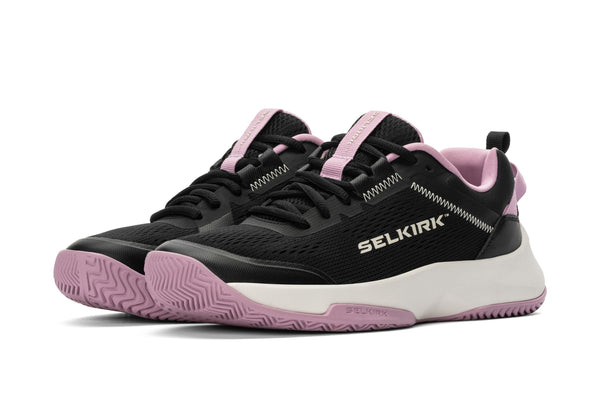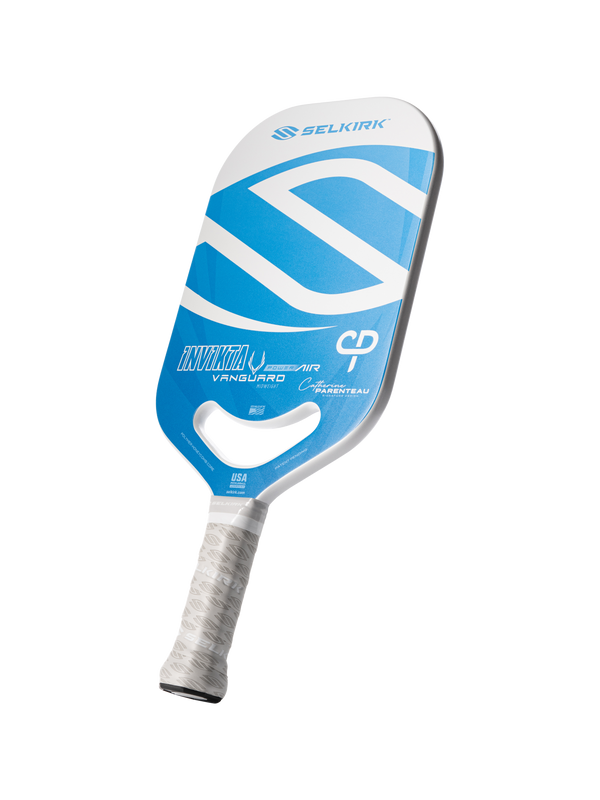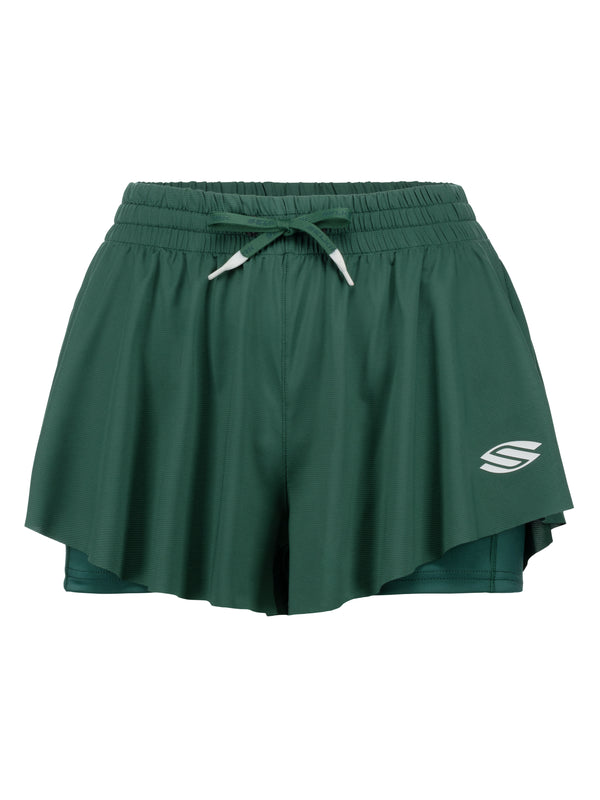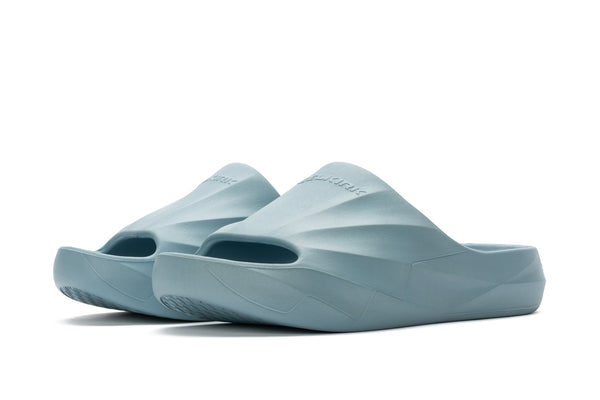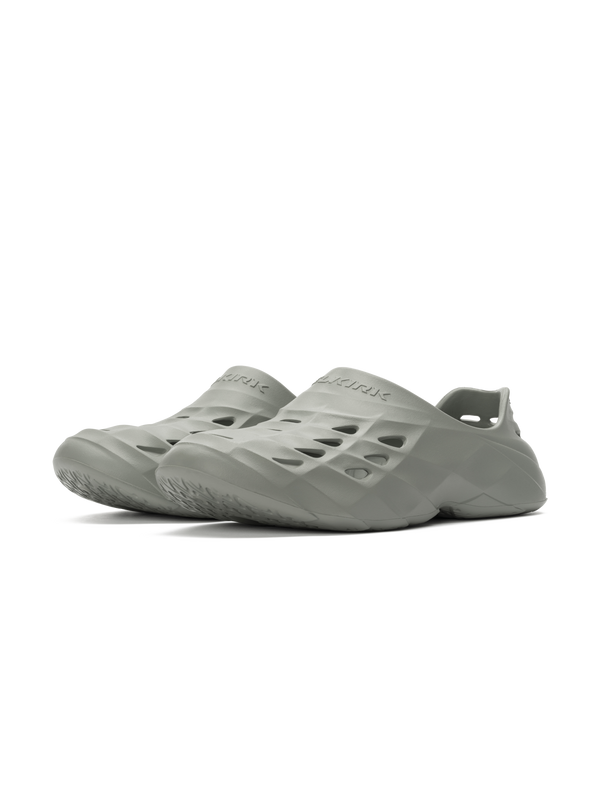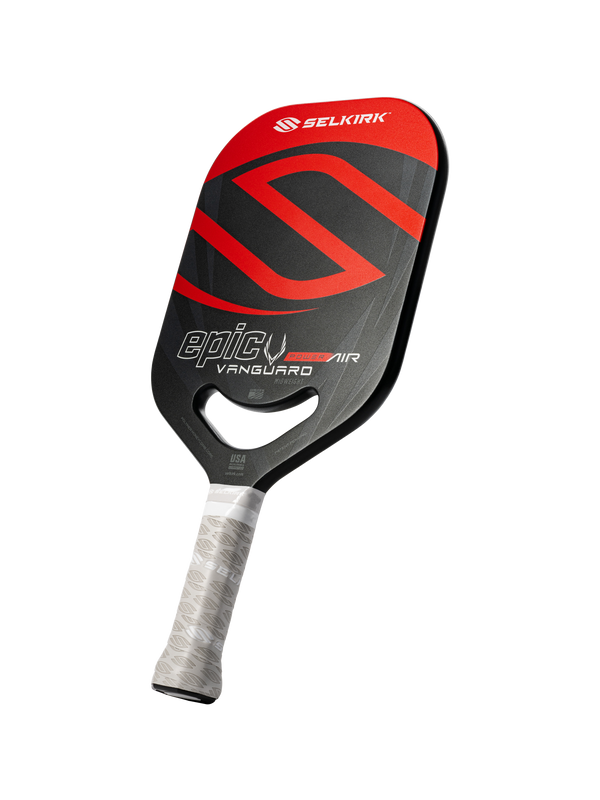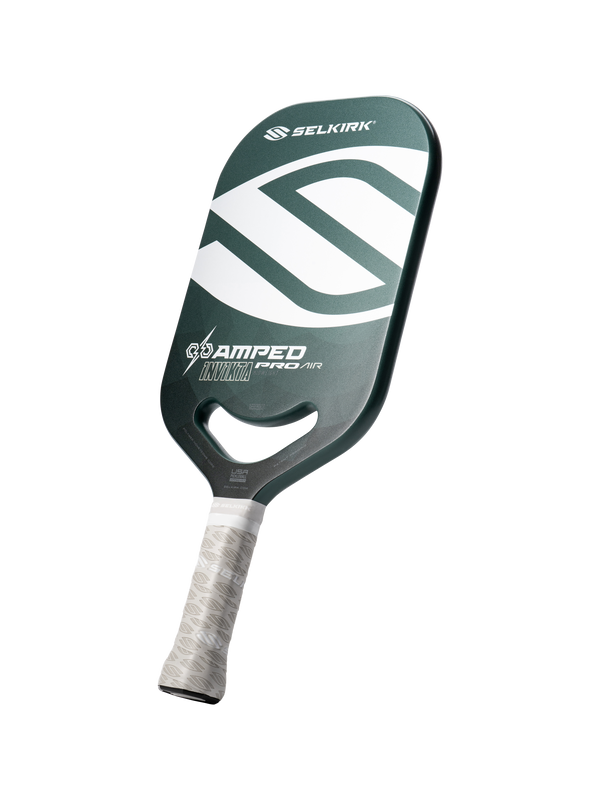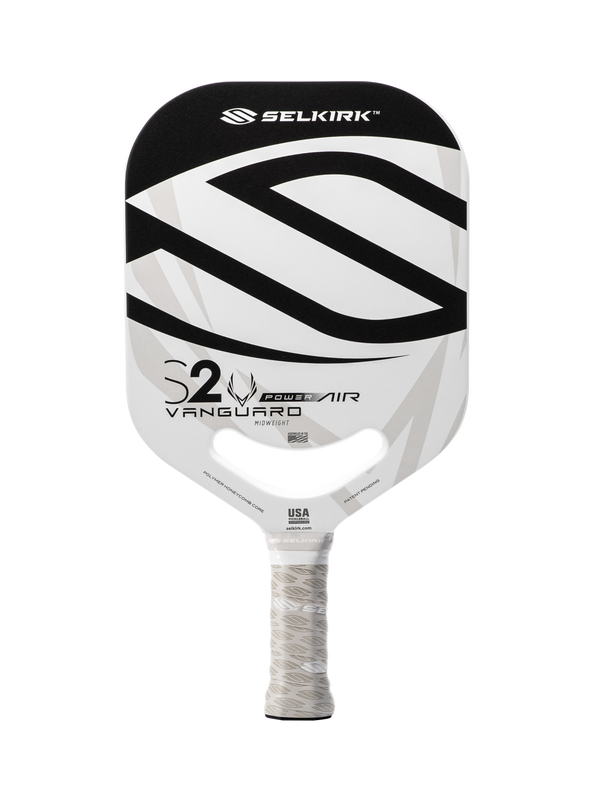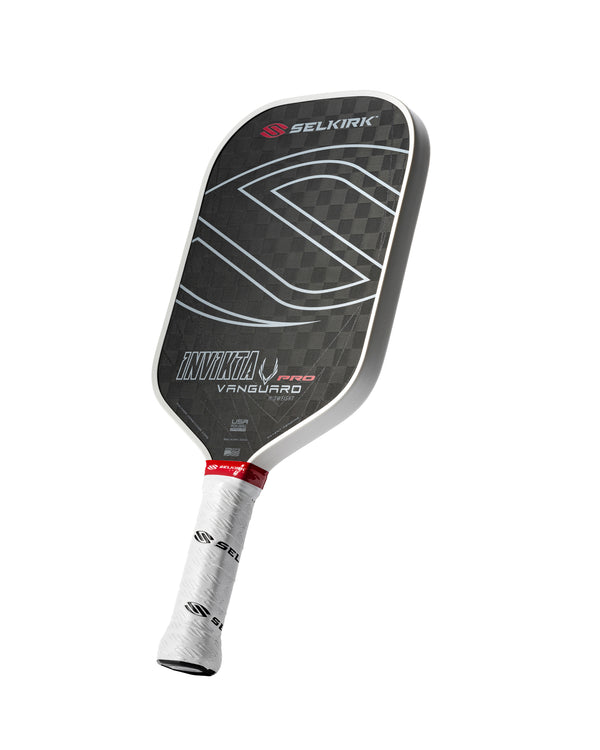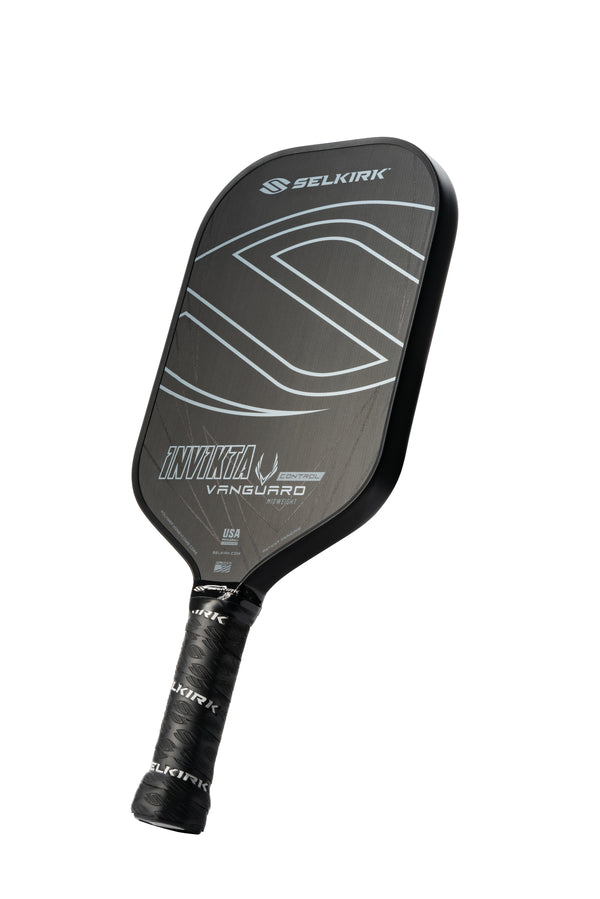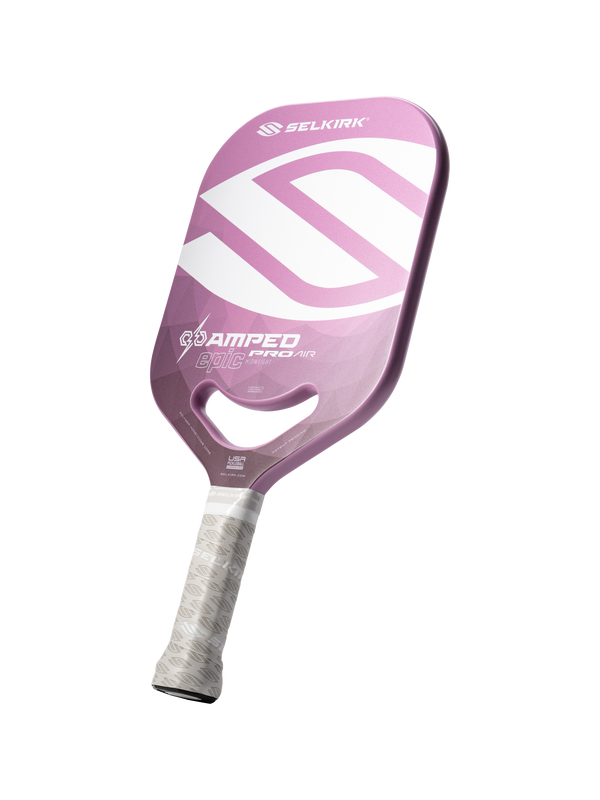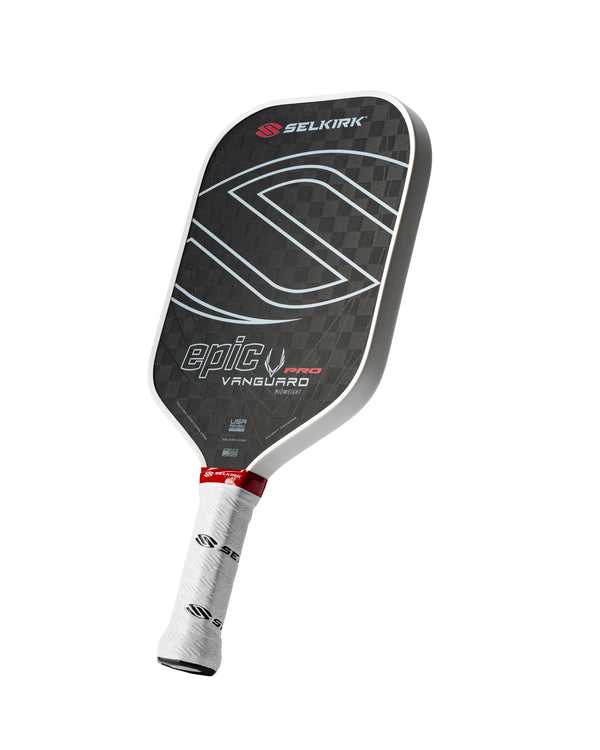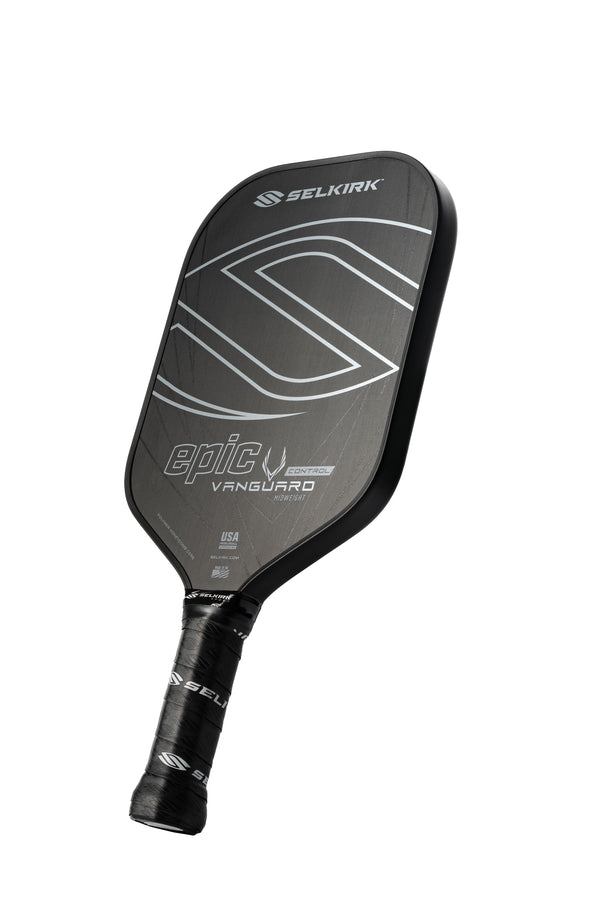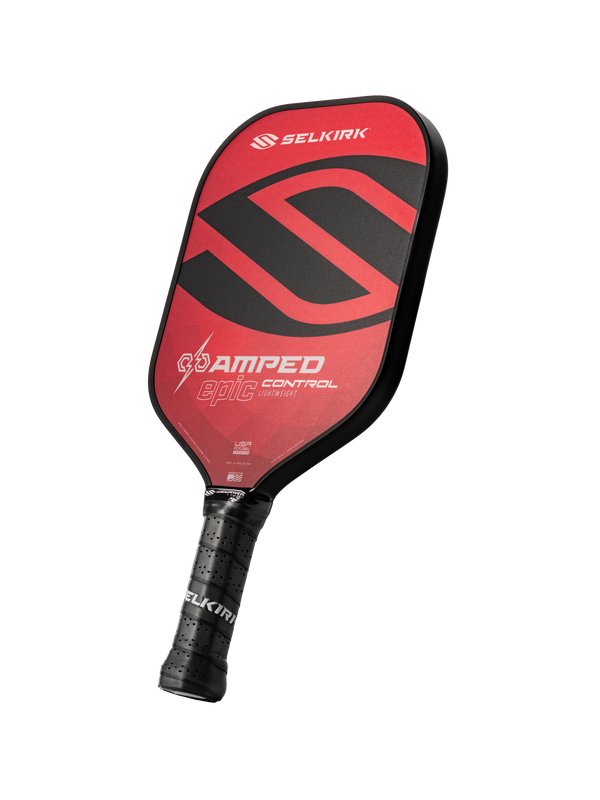
Welcome to the new series where we take the top lessons from the Selkirk pros videos and give them to you in an easy-to-digest article.
Body Control
Do you ever feel like you are dancing on the court? Do you sometimes feel like you are about to fall over in an intense dink rally or hands battle? Working on footwork and body control is key to taking your game to the next level and preventing injuries.
For punch volleys and block volleys a key concept to focus on is getting lower to stabilize your body. The more upright you stand the less control you will have with the ball and with your body. You don’t need to be low when moving to get in position but once you are in position it is time to get low. Getting low gives you more control over where you place your volley and lets you handle faster-paced balls. Integrating your lower half with your shoulder means less chance of failure as your lower half is stronger. A common mistake made is people flailing back when a fast-paced shot is hit at them, and this leads to errors all day. Staying low makes you better prepared for those fast-paced shots, and you are less likely to flail back.
Check out this drill from Tyson McGuffin to help improve your body control.
Learning to Slice
Why do we want to slice? Slicing is most important on the serve return as it gives us the option to hit quality return with our backhand. Another benefit of the slice is that it floats in the air a little longer, giving you more time to get to the NVZ line. If you are coming from tennis this shot is probably the easiest transferable shot to your pickleball game. It was the most natural shot for me, and it took not too long to perfect.
So how do you slice? Check out this quick-minute video to see how to do it as you need to have visuals for this one.
Resetting from Transition Zone
Do you feel like the transition zone is your biggest weakness? Don’t worry a lot of people feel the same way. There are a few tips that can help you immediately. You can focus on these two tips while playing and go drill these specifically during drilling to improve your transition game drastically. Resetting from transition took a lot of reps for me to get comfortable and I still drill it when I can because it is a crucial part of doubles.
The first tip is keeping your paddle down low. I have seen a lot of people come to the net holding their paddle in a spot they might hold it if they were already at the NVZ line. Most shots you hit from the transition zone will be low and if they are too high, they are going out and you don’t need to have your paddle high tempting you to hit them.
The second tip is moving a little slower if you are having trouble. The easiest way to miss a reset in transition is running through the ball. You want to be low and stable when you hit the reset. The only way to be low and stable is to stop moving. When you see the ball about to be hit you need to stop and get low.
Check out this reset drill and more tips from pro pickleballer Wes Gabrielson.
Want to see what I am up to on TikTok? You can follow me @PickleballDad



